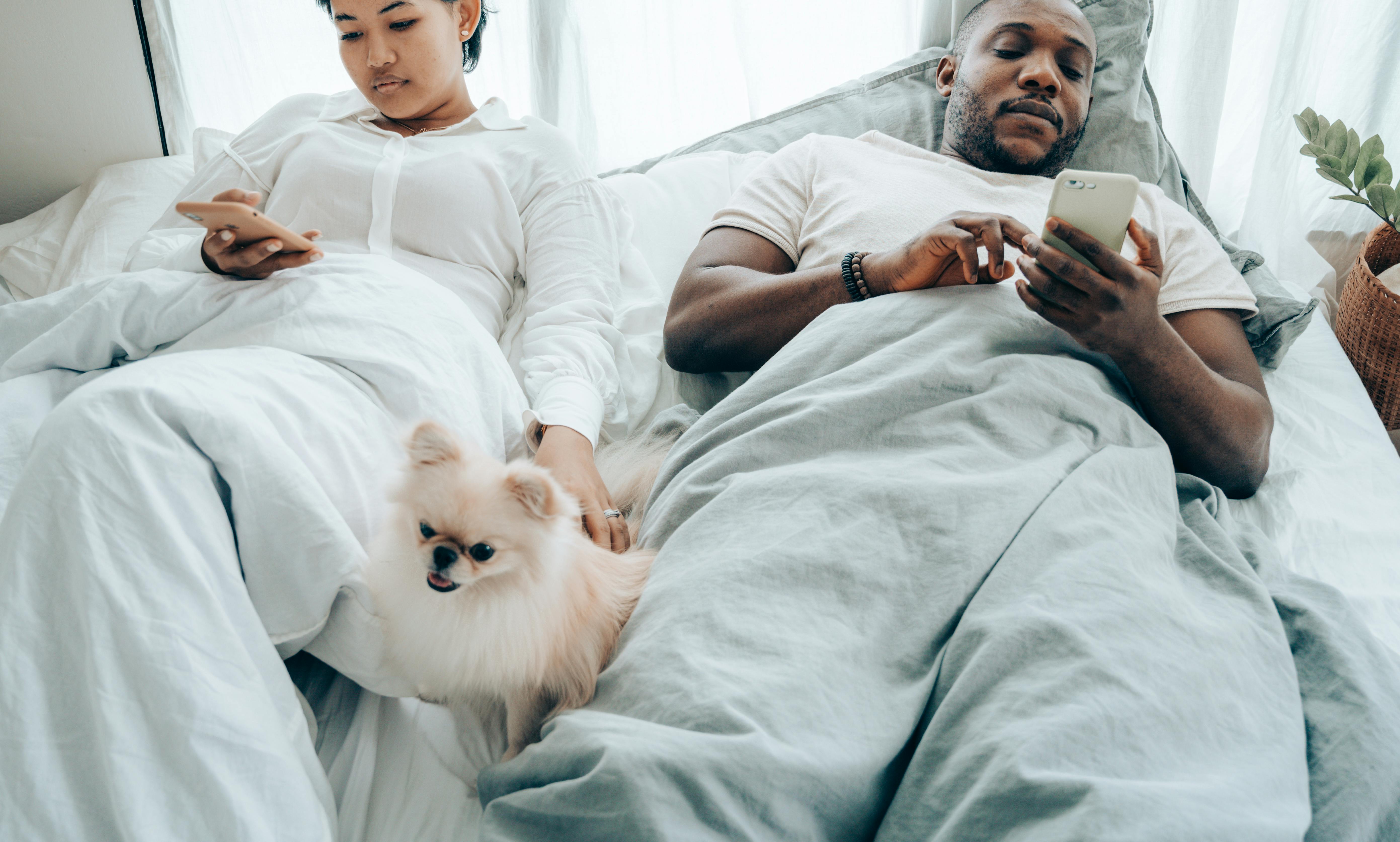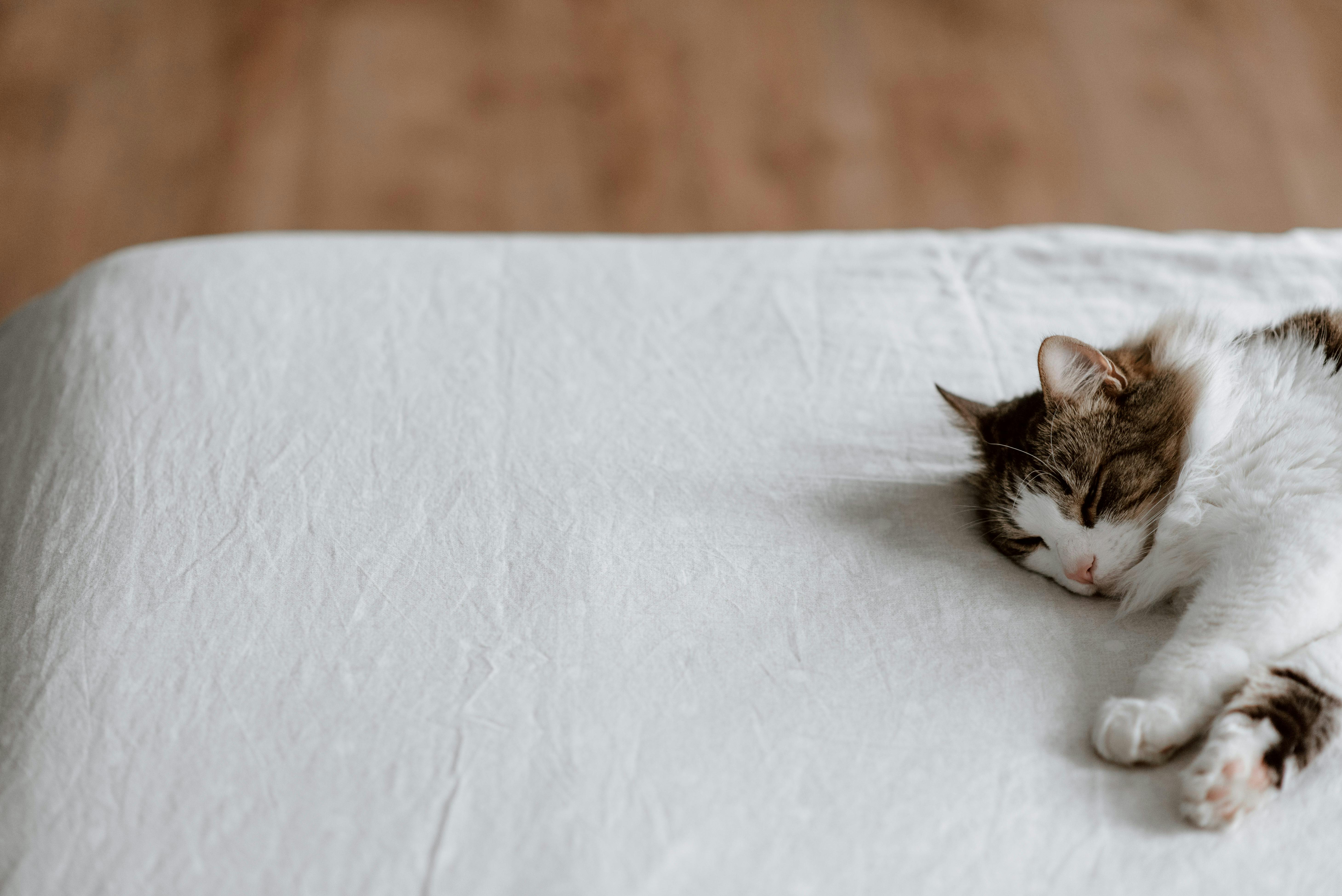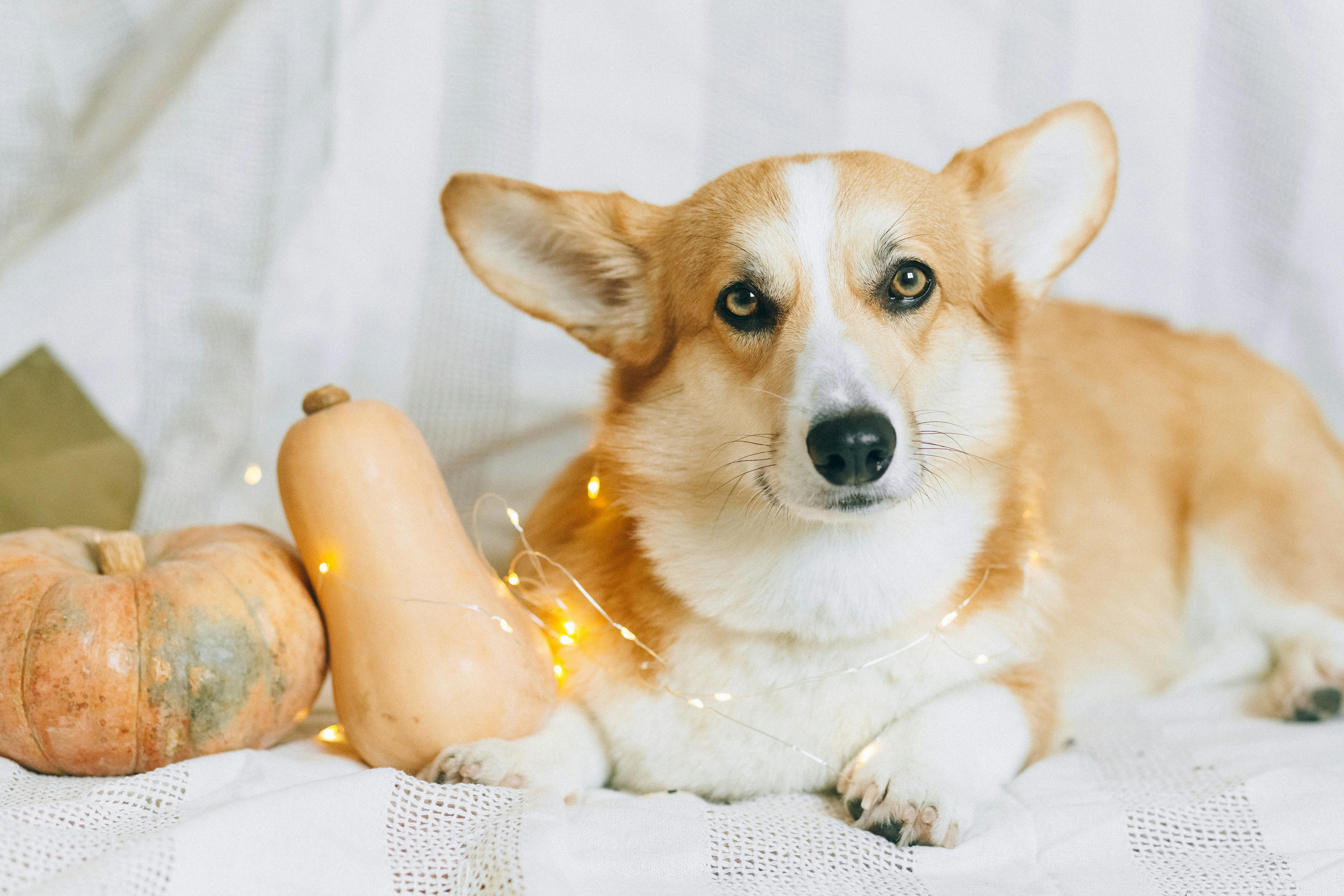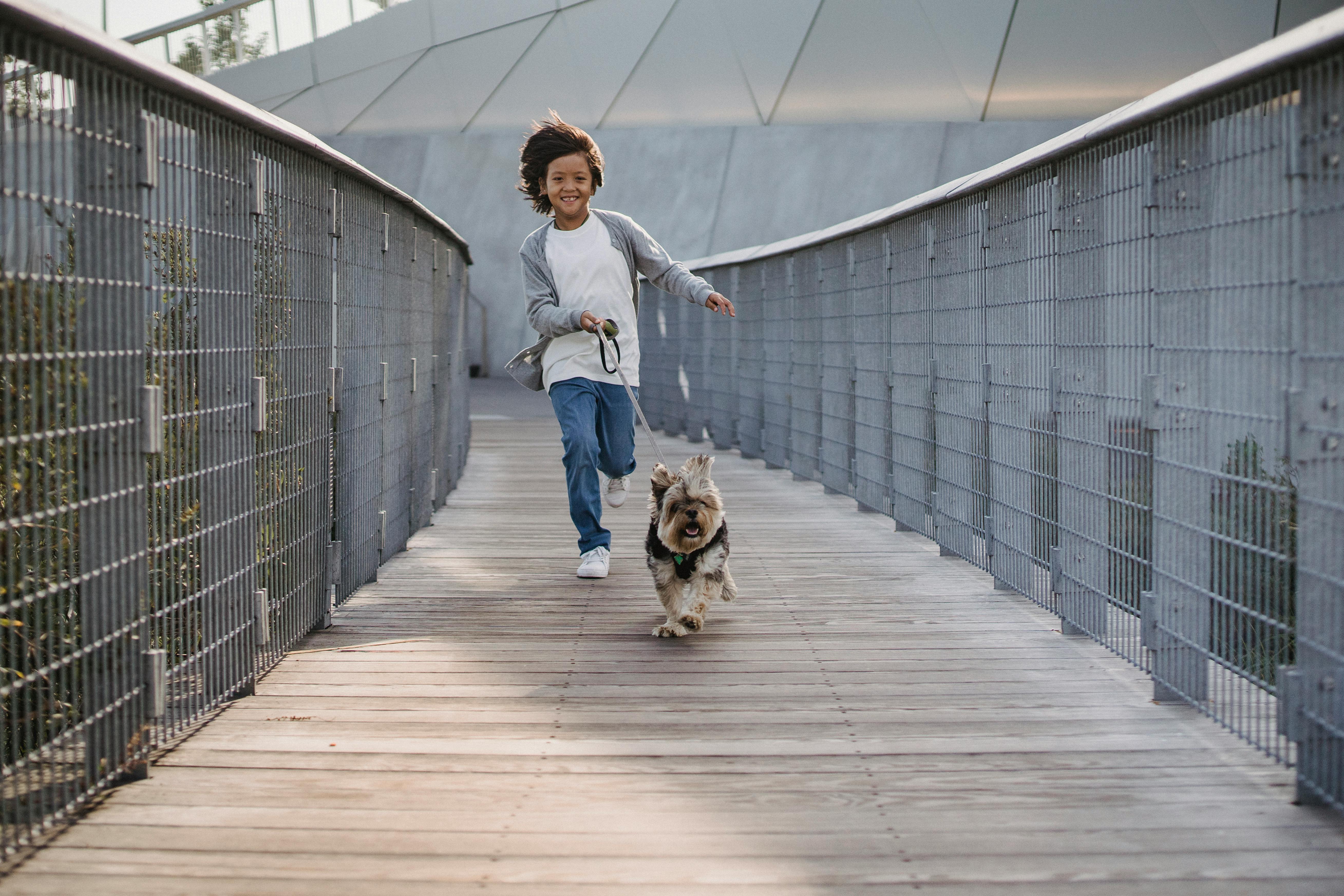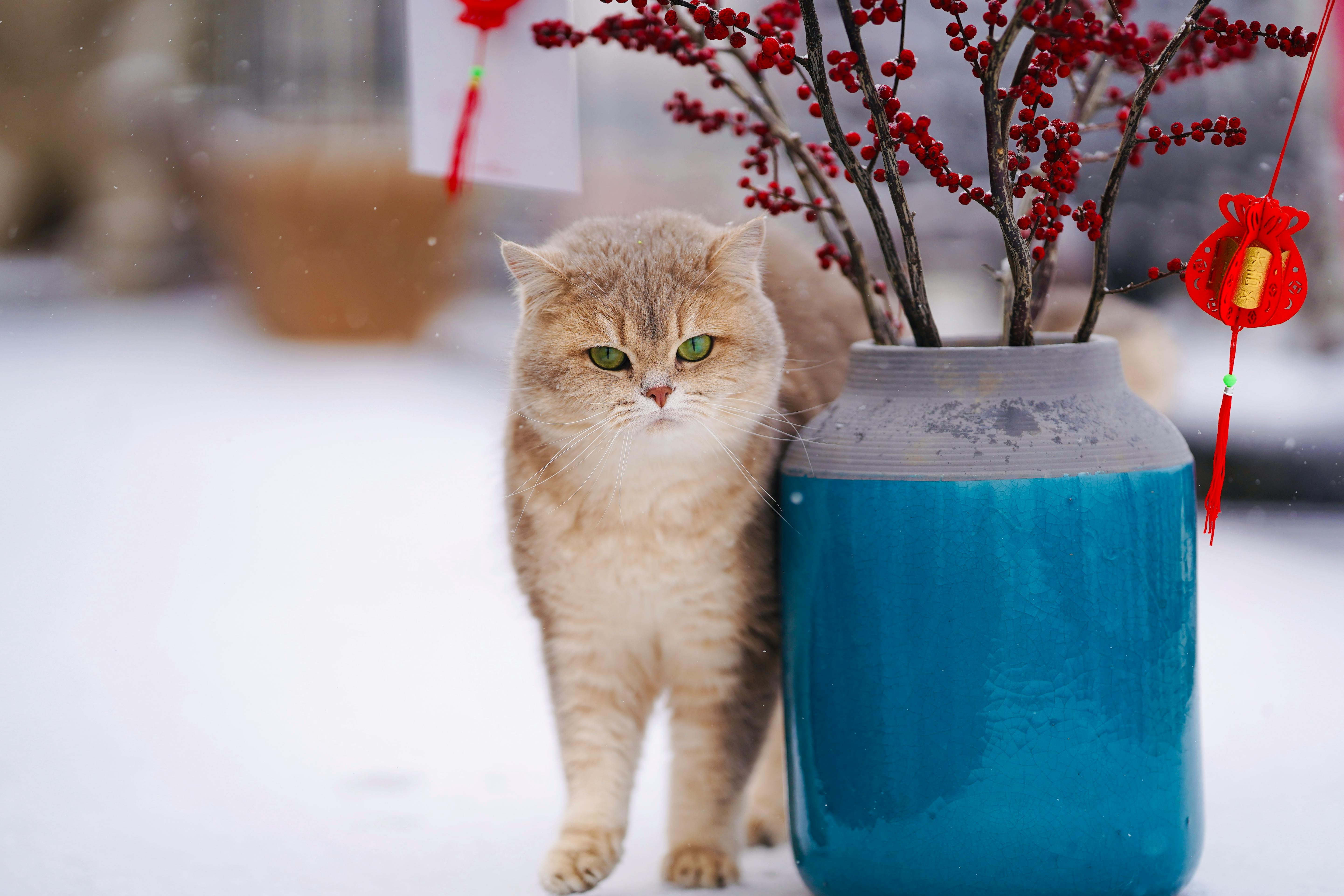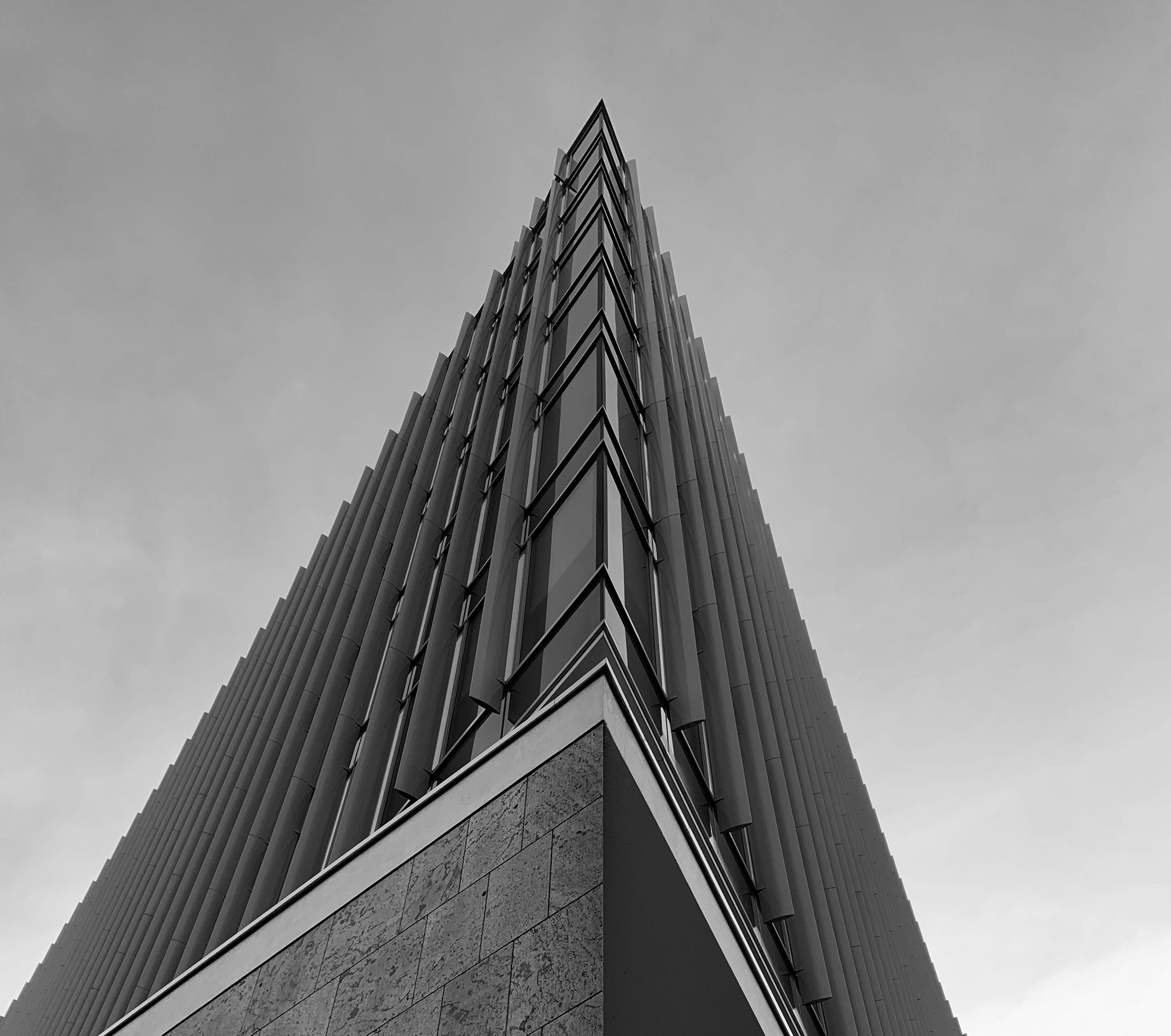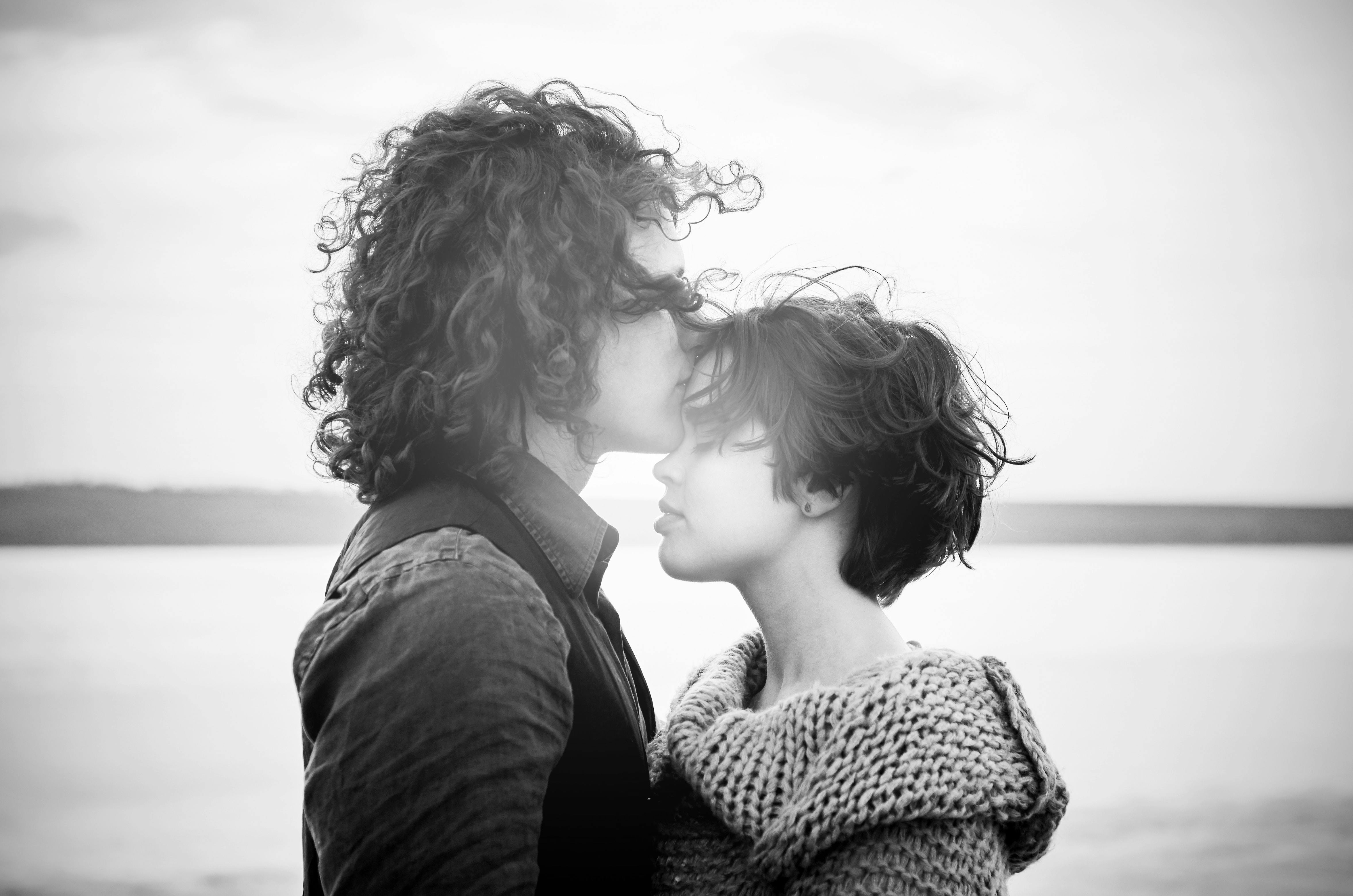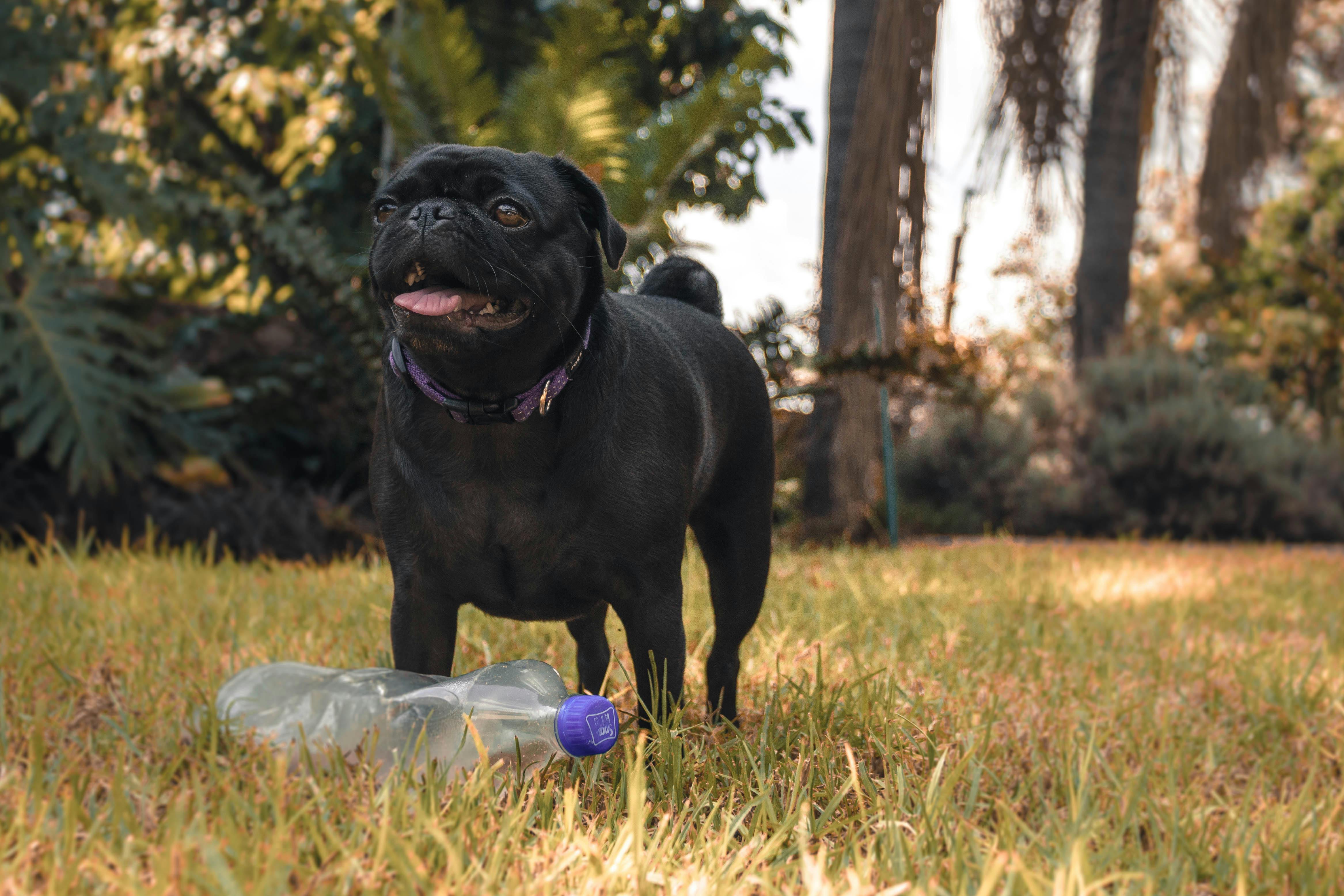
Why does my dog chew everything?
Why does your dog chew everything? There is no single answer to that question. Dogs chew for a variety of reasons. Some just seem to have an innate urge to chew. They find it enjoyable. Others seem to chew only if they are bored.
Is there a difference between “chewing” and “destructive chewing”? I guess it depends on the viewer. When it comes to talking about, chewing is destructive by its very nature!
Your dog has strong jaws filled with sharp, pointed teeth. Puppies especially have very sharp teeth and a strong chewing instinct. Almost anything your dog starts chewing will likely show its effects within a minute.
As a point of clarification, when we say “destructive chewing” we generally mean “inappropriate chewing.” You know, chew on your belongings, your furniture, your shoes, instead of chewing on toys and designated dog chews.
There are three main reasons why dogs chew:
* Chewing is a natural desire. It’s fun, time passes, and it’s a self-rewarding and self-reinforcing activity. For example, chew something that tastes good.
* Chewing is an outlet, especially for a nervous, bored, or lonely dog. The repetitive act of chewing is quite relaxing for your dog. It’s the dog equivalent of comfort food.
* Chewing burns nervous energy and gives your dog something to do. This is especially true for dogs that don’t get enough exercise.
So how can you prevent your dog from chewing on your prized possessions? The secret to that burning question is in the list of reasons why your dog chews in the first place! Here are three tips:
* Give your dog something tasty to chew on.
* Make sure your dog has other activities or playmates to help prevent boredom. Dogs generally chew when left alone, or when you are sleeping or ignoring them.
* Make sure your dog gets plenty of exercise to burn off that energy. If your dog is exercising properly, he is most likely tired and ready for a nap rather than ready to chew on everything in sight.
Of course, one last tip: If you can’t lock your prized possessions out of your dog’s reach, confine your dog when you can’t keep an eye on him. It’s not good for you, your things, or your dog to throw yourself into punishment mode when the situation could have, and should have, been avoided in the first place.
To maintain a friendly relationship with “man’s best friend,” take the lead early on. Your dog looks to you for guidance and leadership. Preventing your dog from chewing on your things in the first place is your best option. It is easier to prevent the habit in the first place than to break it later.

